This is the sharing of Ms. Tran Hoang Phu Xuan, General Director of Fashion Connection Joint Stock Company - Faslink, at the mini show with the theme: Discovering Vietnam's indigenous resources: When grass leaves turn into "green gold" on world shelves.
The event was jointly organized by the Association of High-Quality Vietnamese Goods Enterprises, BSA Center and BSAS (High-Quality Vietnamese Goods Integration Standard Project) on August 24, in Ho Chi Minh City.
With the spirit of innovation, Faslink is considered a pioneer in exploiting two unique raw materials: pandan leaves and coffee grounds to develop fabric fibers for the sustainable fashion industry. In particular, pandan leaf fibers are considered to have outstanding features, antibacterial, sun protection, deodorizing... with an efficiency of over 98%, completely chemical-free.
Last July, the company brought these two materials to Texworld USA 2025 in New York (USA), conquering international buyers and designers.
According to Ms. Tran Hoang Phu Xuan, the commodity market always needs new materials. Especially long-standing companies always have to look for new materials to make products. "In the garment industry, new materials will create new experiences for users. All new materials require great efforts from businesses to be chosen by the majority of consumers. Lightweight, multi-functional wear will be the trend in the garment industry," Ms. Xuan shared.
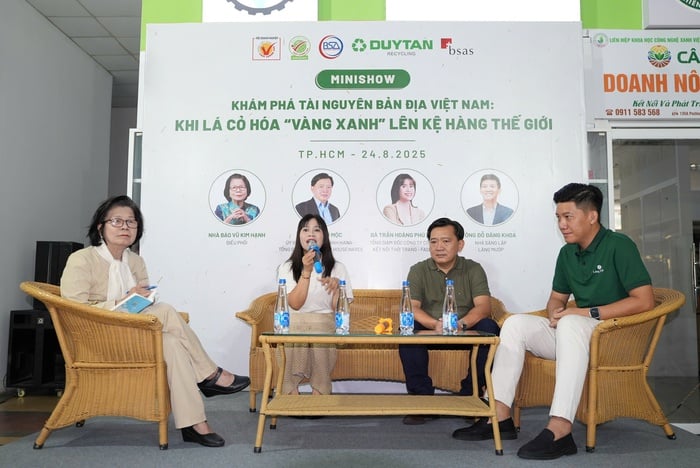
Ms. Tran Hoang Phu Xuan (2nd from left) - General Director of Faslink, shared at the event
Currently, Faslink has exported unique products, with shirts made from coffee grounds to the US, bags to Singapore, and coffee socks to the Middle East. According to Ms. Xuan, Vietnamese businesses that want to export products need patience and perseverance. In particular, businesses should participate in trade promotion programs, join business associations, and take advantage of cross-border e-commerce. In addition, when wanting to export goods to a country, businesses need to have a good understanding of the culture, trade practices, etc. of that country. At the same time, they must also have a good understanding of the culture and unique identity of the entire country of Vietnam to introduce and impress customers.
Mr. Do Dang Khoa - Founder of Lang Muop said that from loofah - a raw material closely associated with rural life in Vietnam, the unit has developed more than 20 product lines, from kitchenware, decorations to pet toys, exported to Japan and Korea.
Recently, Lang Muop has been accelerating sales on the online platform. According to Mr. Khoa, green consumption is becoming a trend today, loofah fiber products, which are familiar in the countryside, have now become green export products, completely biodegradable, meeting the tastes of international customers.
Ms. Vu Kim Hanh - President of the Association of High-Quality Vietnamese Goods Enterprises, emphasized that Vietnam has extremely valuable indigenous resources. If we know how to research, innovate and commercialize them properly, they will become "green gold".
However, according to Ms. Hanh, if you do well but do not know how to sell, it will only be local raw materials. The important thing is to sell with the highest added value, connecting with the market and consumers. To develop sustainably, businesses must promote green production; invest in research and development; join hands to build national brands, positioning Vietnamese goods on the international map.
Source: https://phunuvietnam.vn/vat-lieu-moi-mang-lai-nhieu-tien-ich-gia-thanh-san-pham-re-hon-20250824160652806.htm



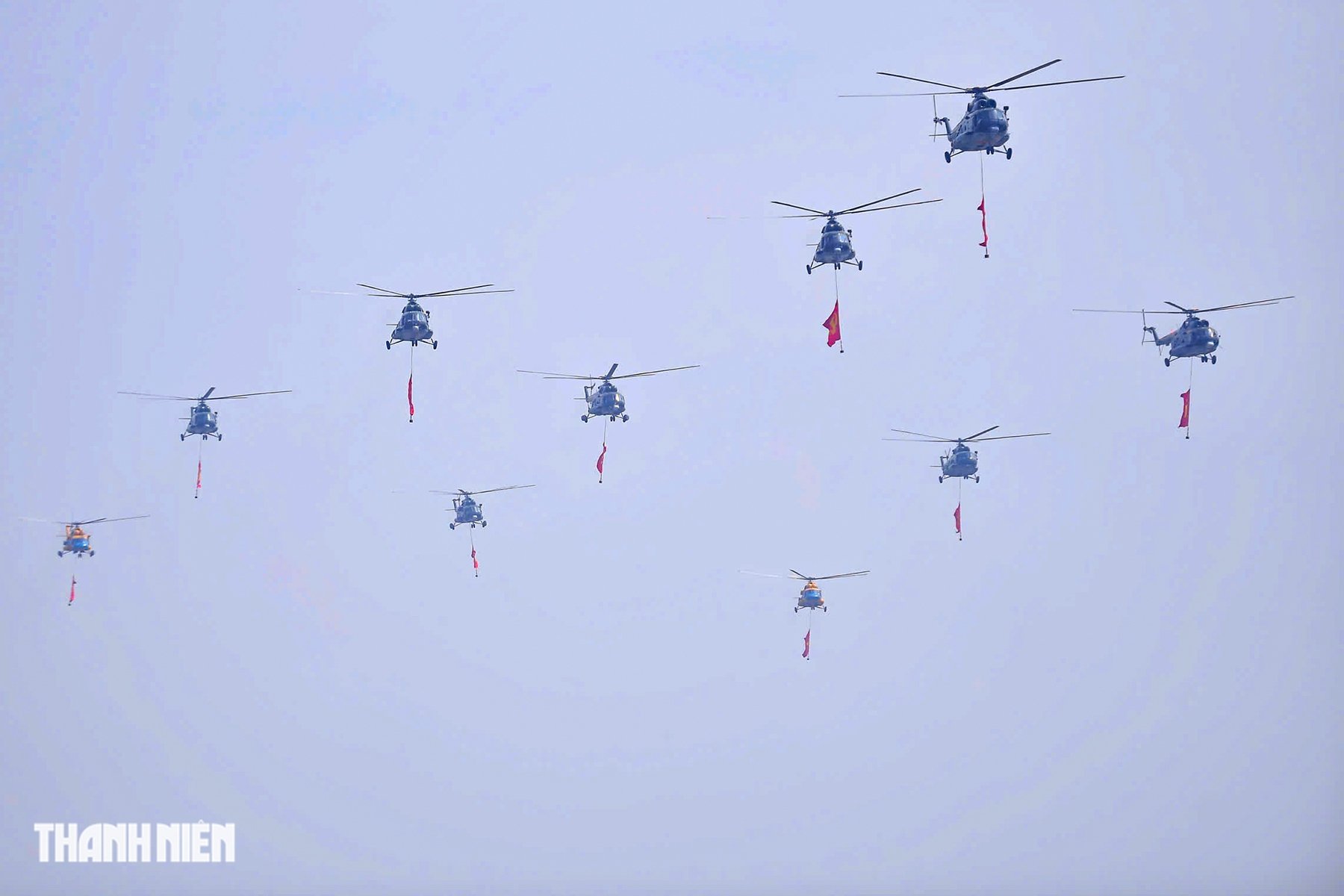


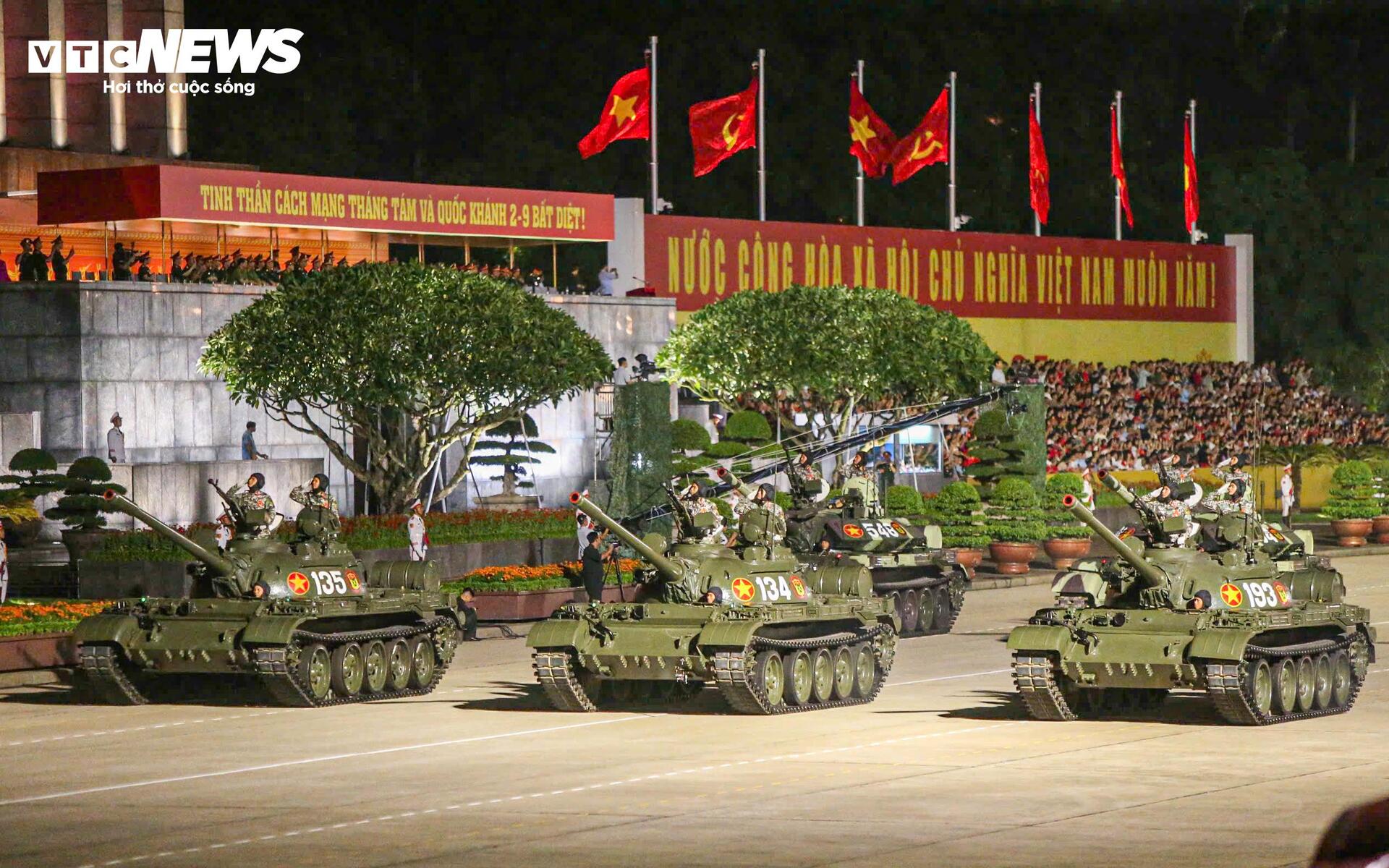


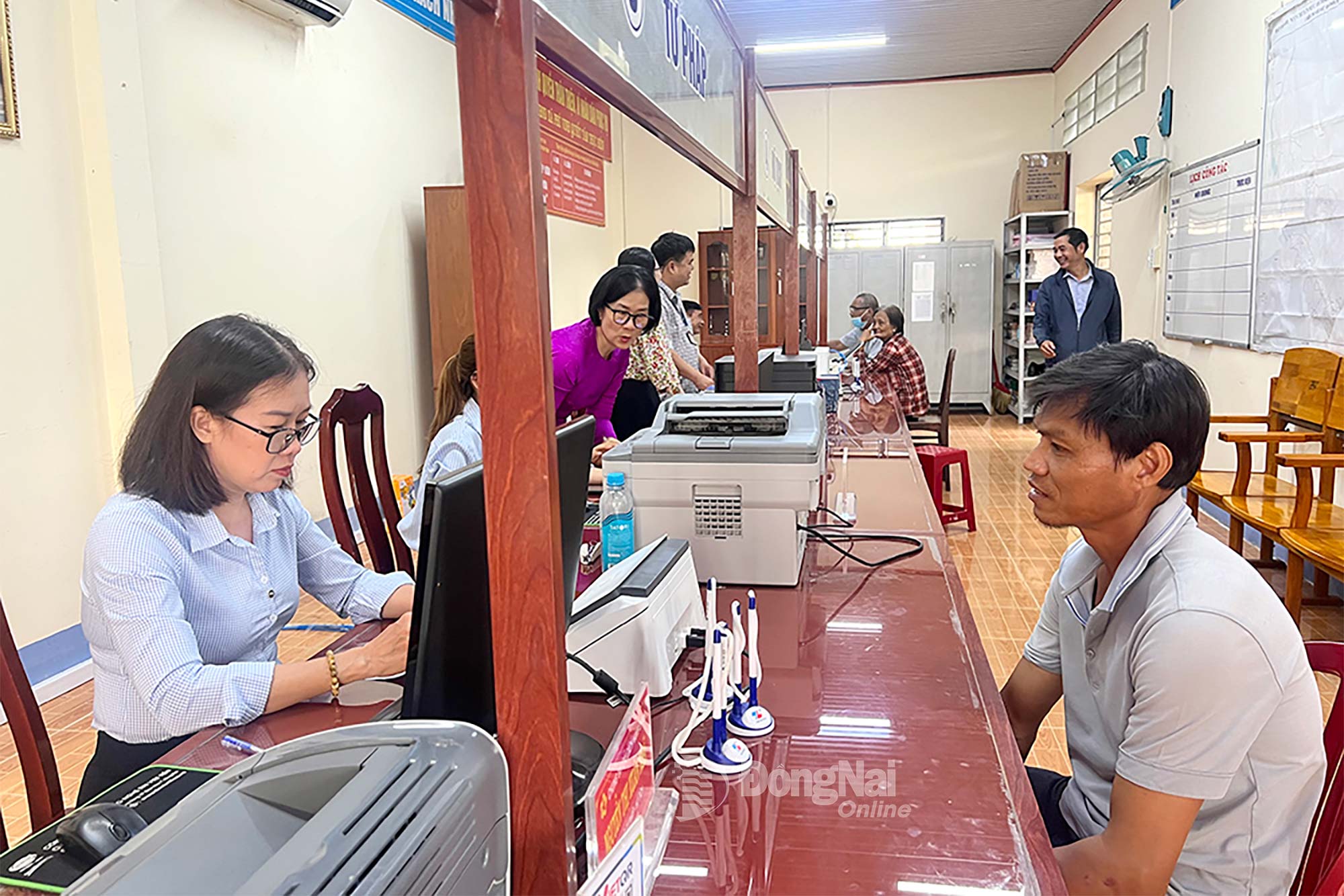

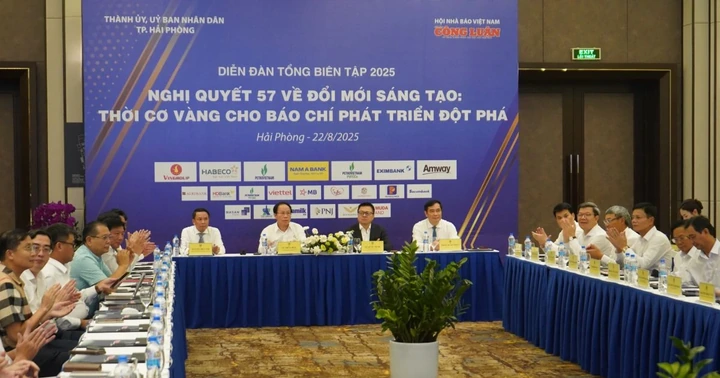



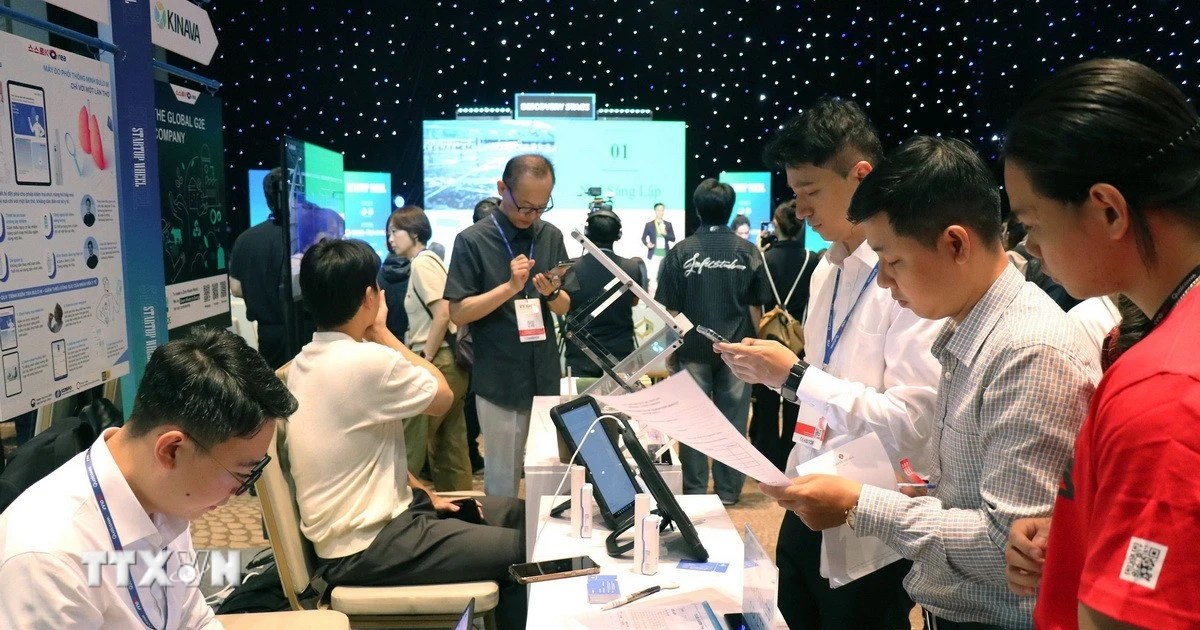

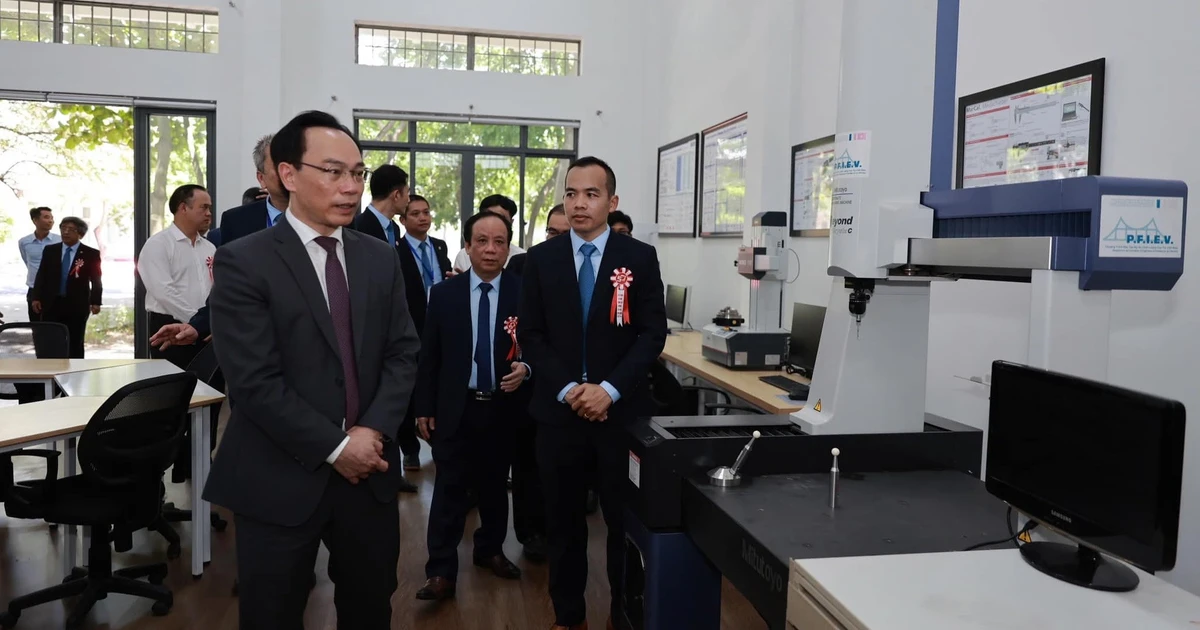

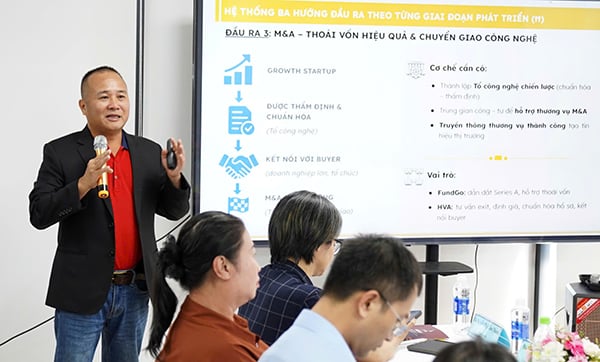

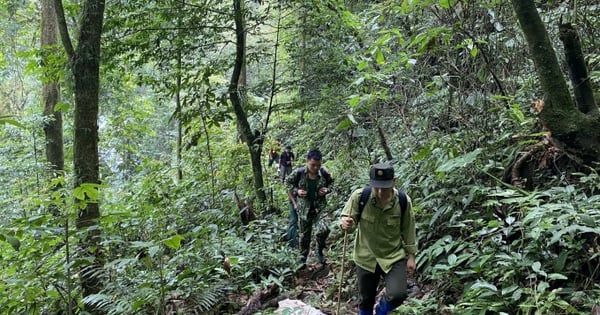


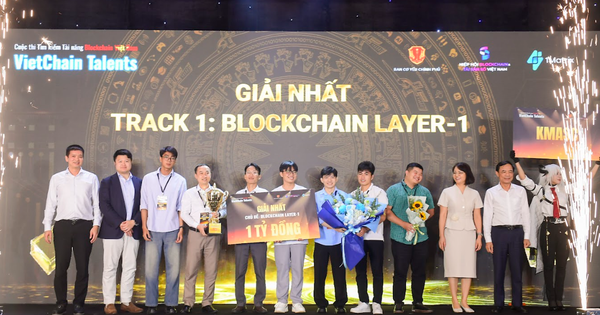


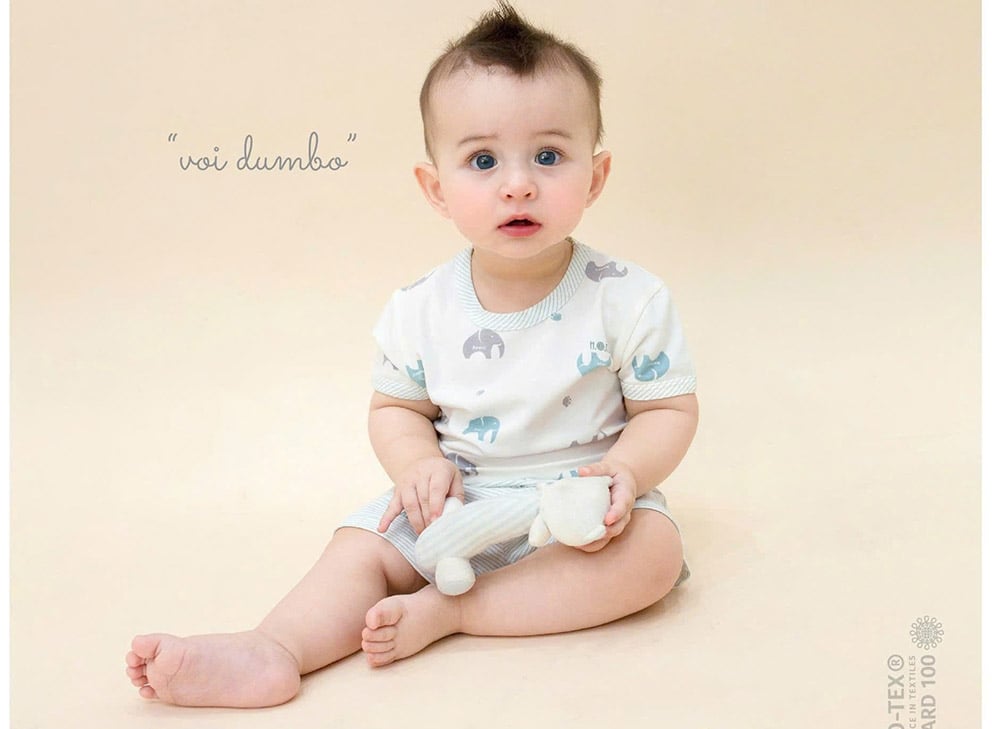




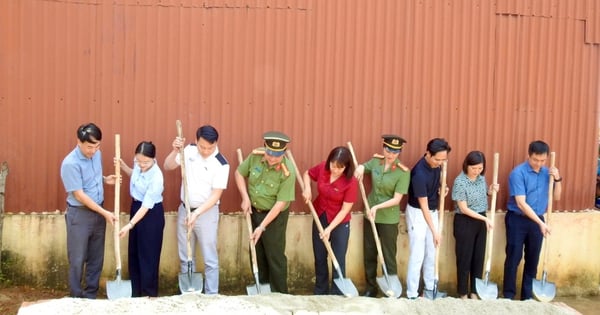
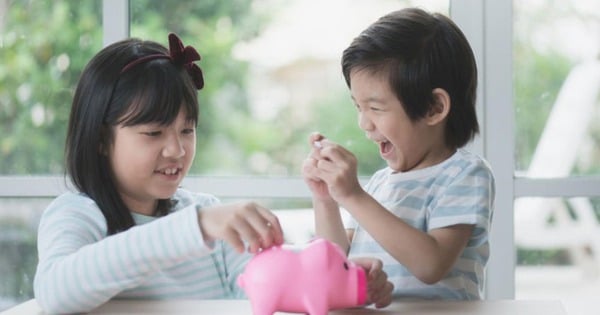
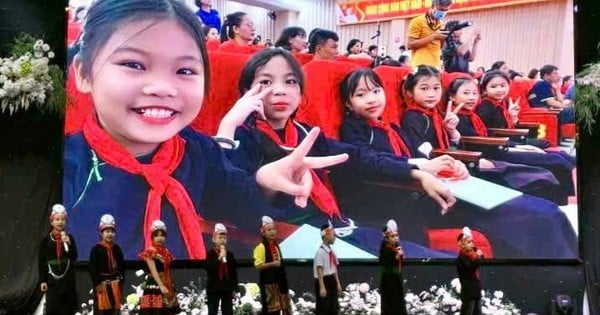
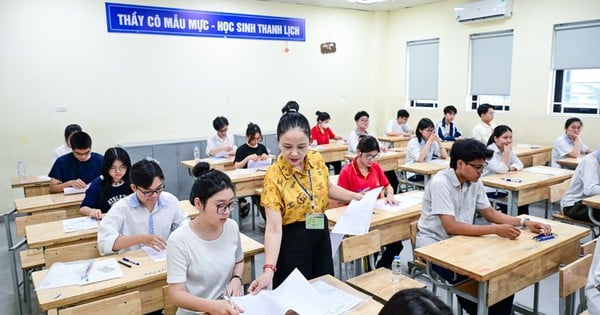
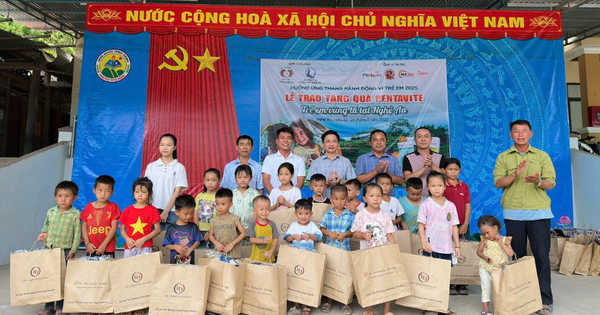

















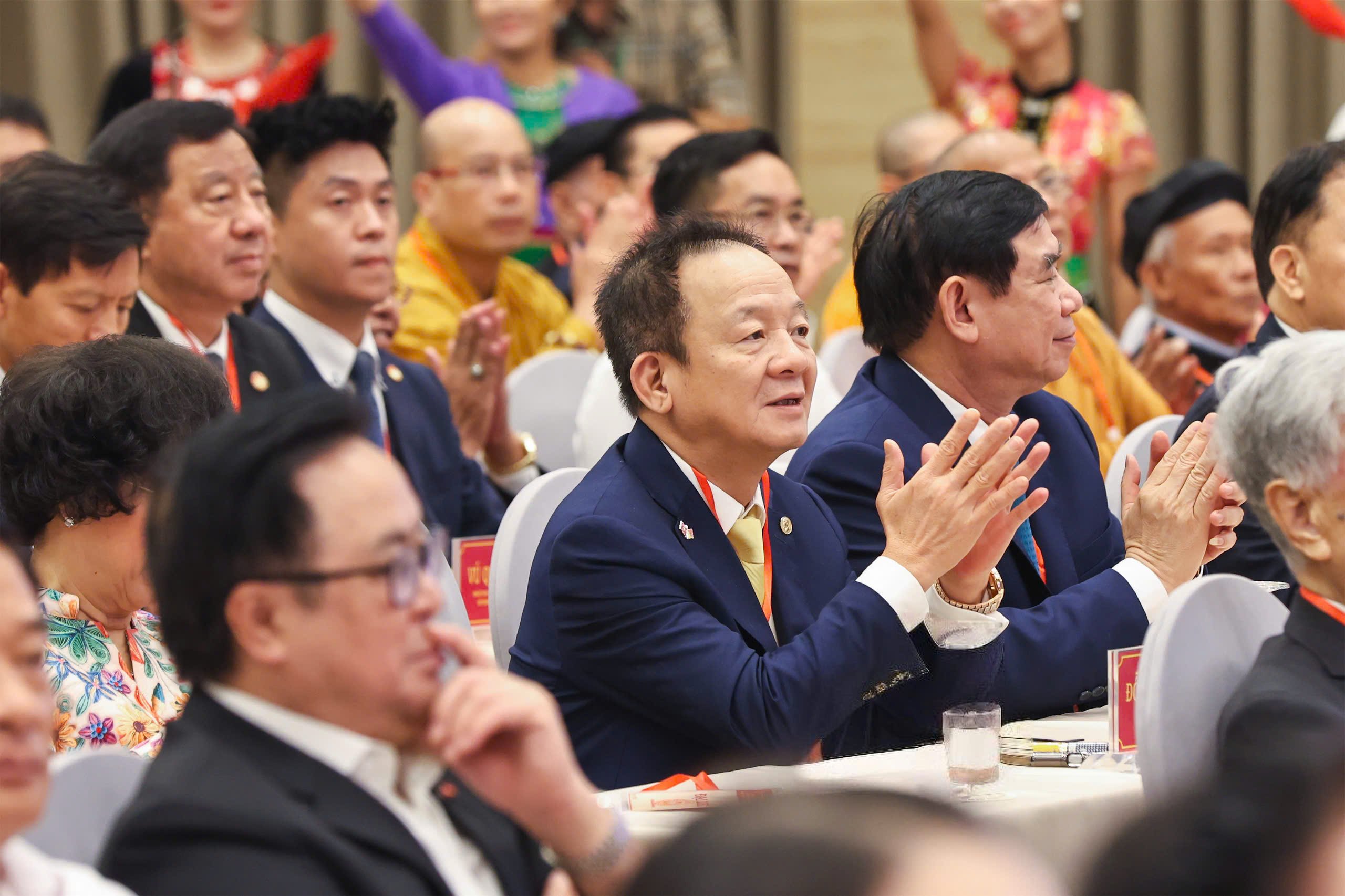










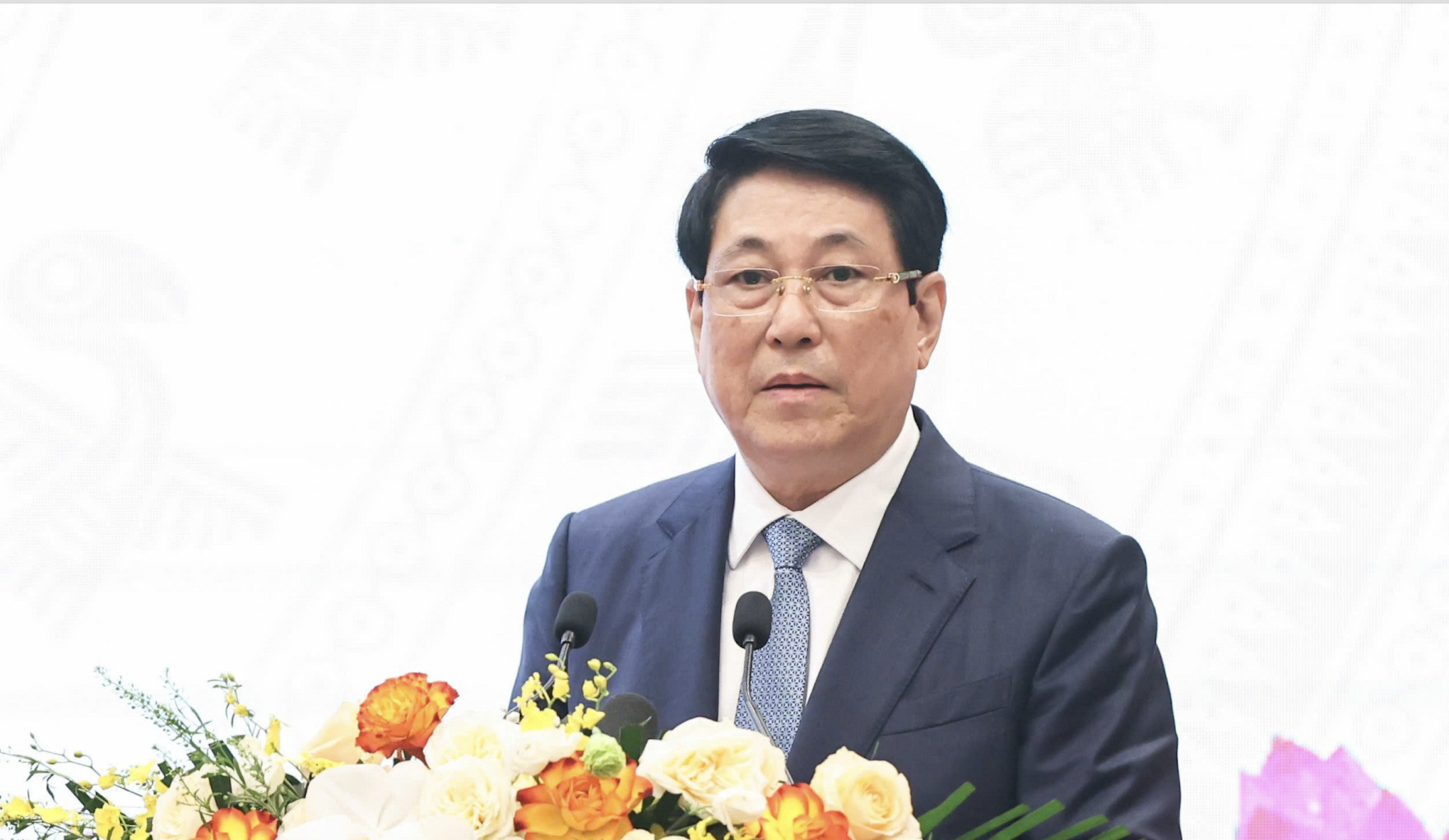







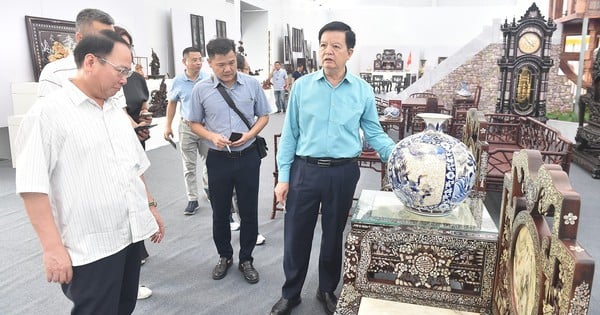








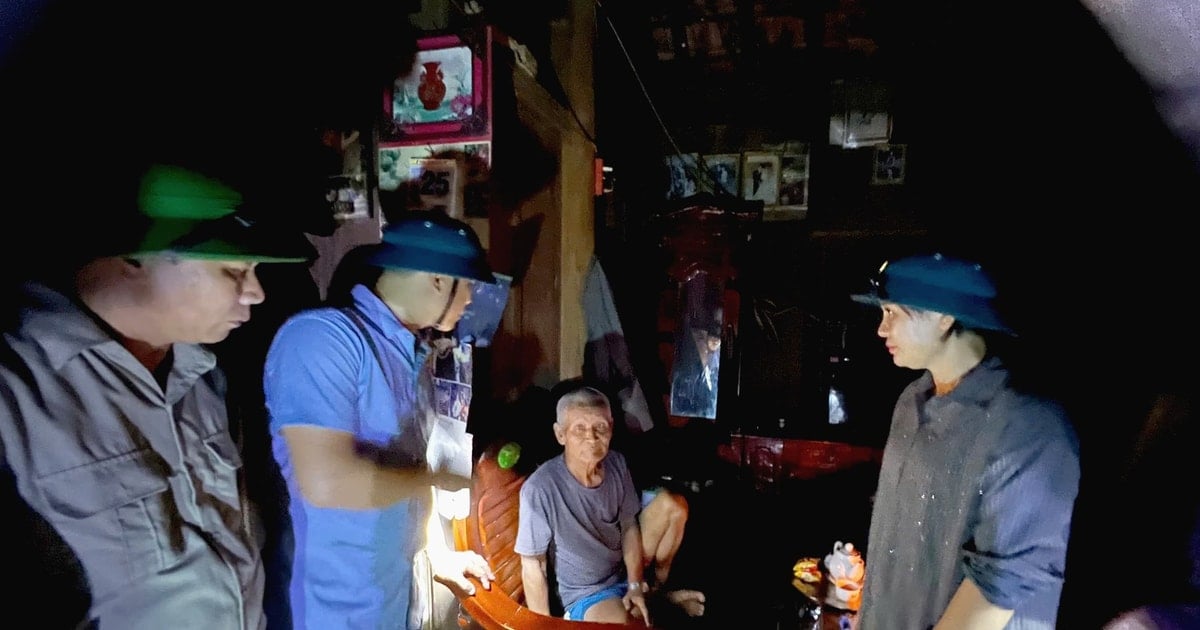

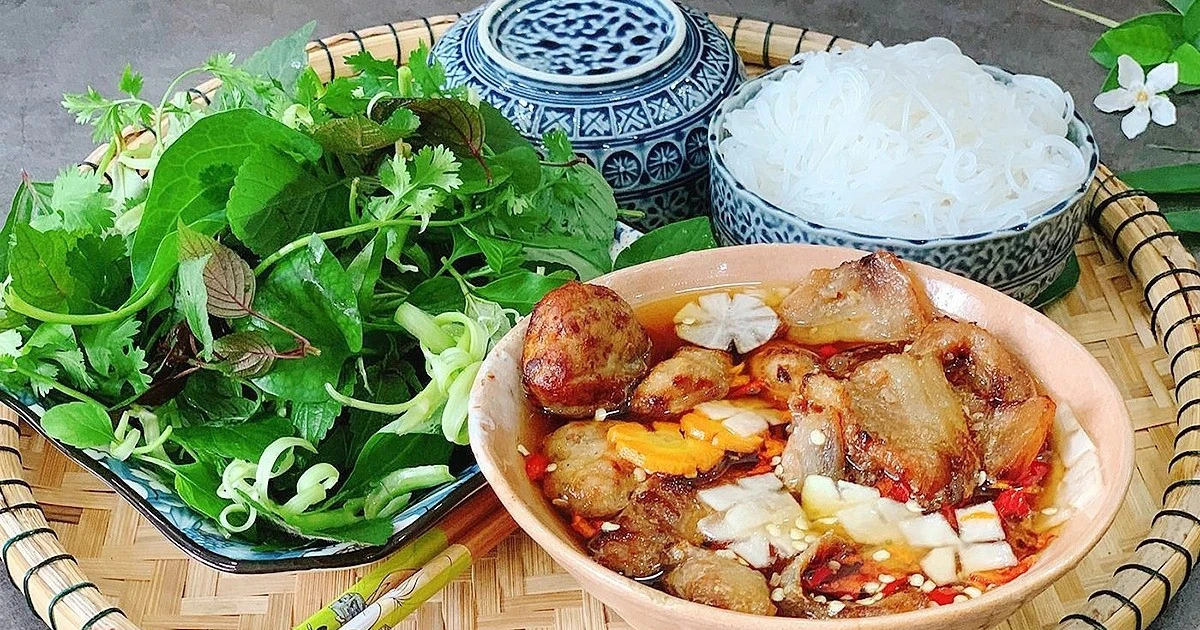

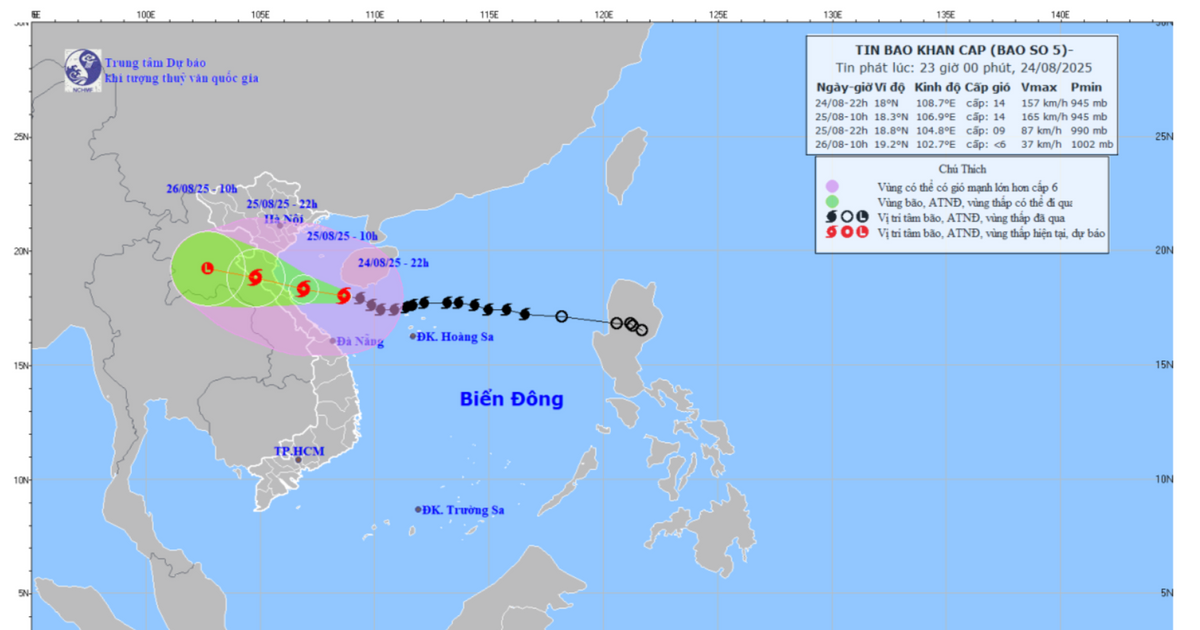
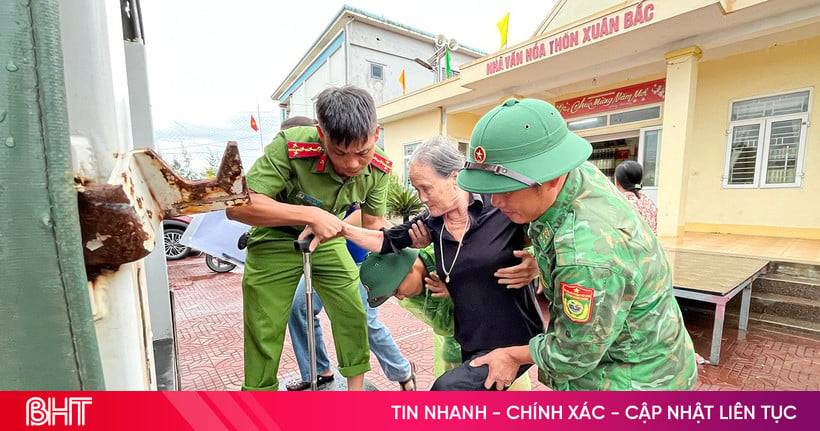



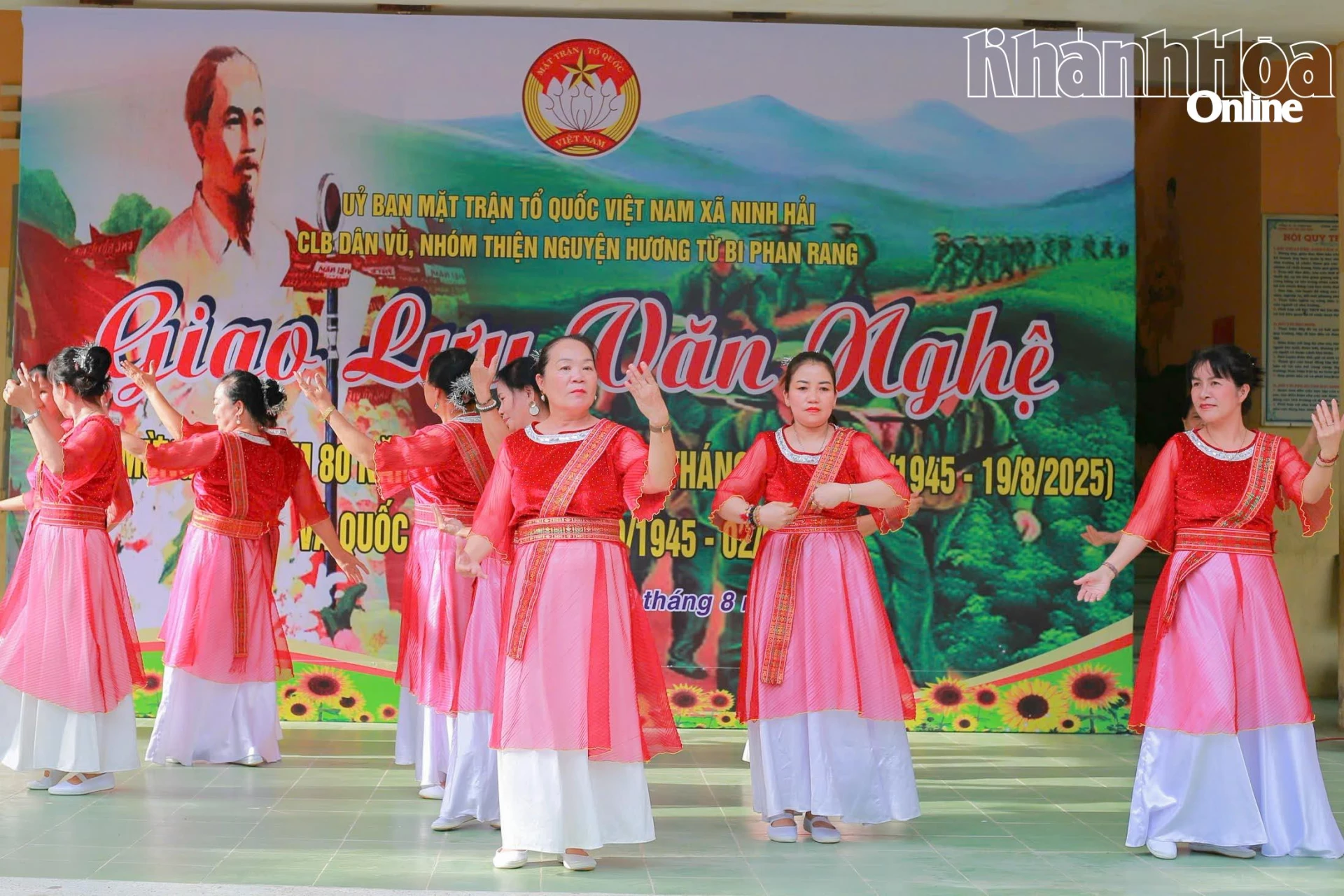
















Comment (0)